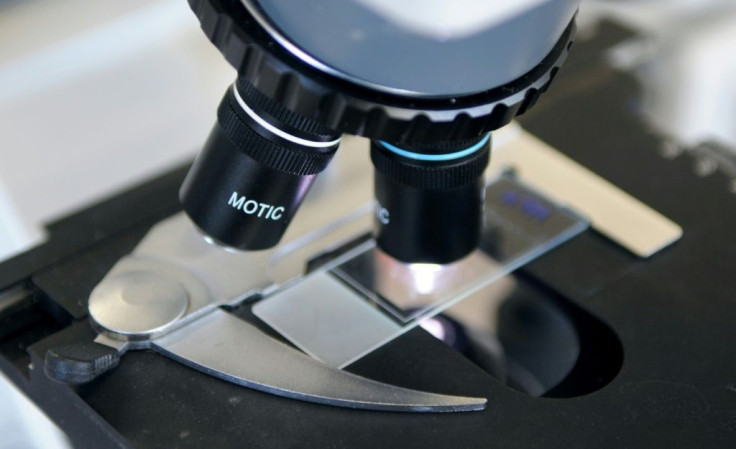New Immune T-Cell Can Destroy Certain Lung, Blood And Other Cancers In Lab Tests
KEY POINTS
- Researchers discovered a new T-cell
- This T-cell can target all types of cancer cells
- The study is in its nascent stage
The discovery of a new immune T-cell has paved the way for the treatment of all cancers. The team of scientists at Cardiff University found a method to destroy blood, lung, prostate and other types of cancers in lab tests.
According to a study published in Nature Immunology, scientists believe that this has immense potential despite the work being in its early stages.
The researchers at Cardiff University utilized CRISPR-Cas9 screening to find a new T-cell that has the capability to fight a wide range of cancers. Professor Andrew Sewell talked to BBC and said that this could mean they can treat every patient.
“It raises the prospect of a 'one-size-fits-all' cancer treatment, a single type of T-cell that could be capable of destroying many different types of cancers across the population,” Sewell said.
The immune system of a human body fights against infection as well as cancer cells. A type of white blood cell, T-cell, is crucial in fighting infection. When T-cells find rogue cells in the body, they attack and fight off diseases and infections in the body.
T-cells are mounted with receptors on their surface and they can scan the chemicals in foreign cells. This newly discovered T-cell receptor talks with a molecule known as MR1 that is on the surface of every cell in the body. “We are the first to describe a T-cell that finds MR1 in cancer cells - that hasn't been done before, this is the first of its kind,” Garry Dolton, research fellow, said.
T-cell therapies are already being used and Chimeric Antigen Receptor T-cells (CAR-T) therapy is at the forefront. However, CAR-T therapy comes with its set of limitations as they can only target a few types of cancer.
However, the researchers believe that their T-cell receptor can go after all the cancers. The potential use of this T-cell can be tested in several tumor cell therapies.

© Copyright IBTimes 2024. All rights reserved.





















